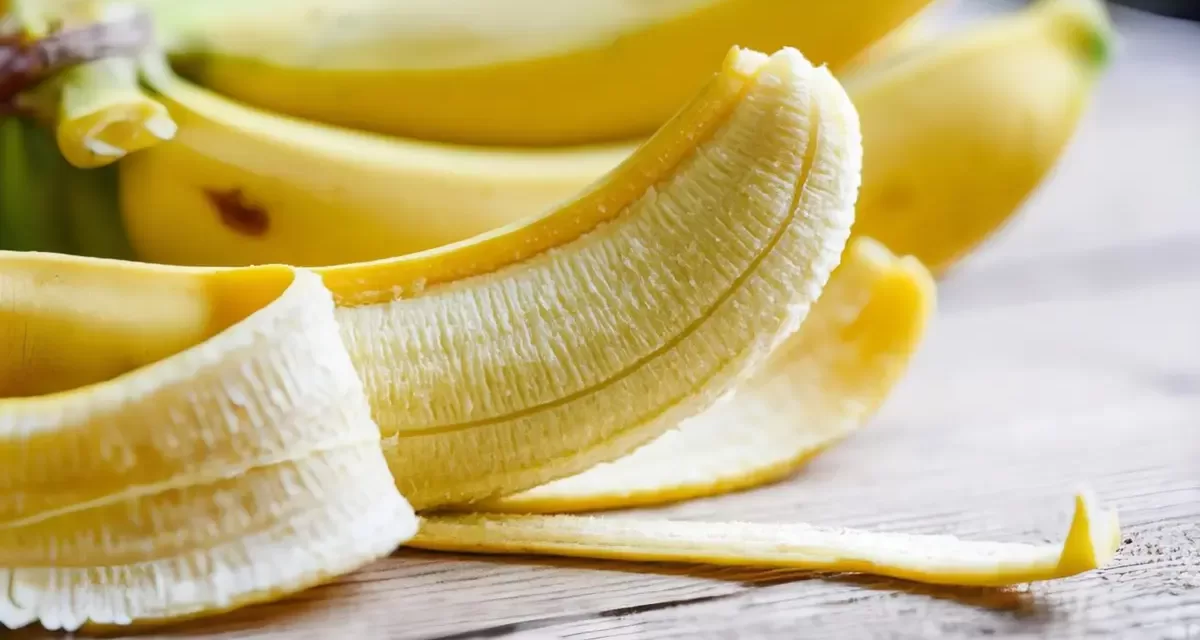Toronto, Apr 14 – Focusing on increasing potassium-rich foods like bananas and broccoli might be a more impactful strategy for lowering high blood pressure than the common advice of simply reducing salt intake, according to new research from the University of Waterloo in Canada.
The study, published in the American Journal of Physiology–Renal Physiology, challenges the long-held primary focus on sodium reduction for managing hypertension, a condition affecting over 30 percent of adults worldwide. Instead, it emphasizes the crucial role of maintaining a healthy balance between potassium and sodium in the diet.
“Usually, we’re told to eat less salt for high blood pressure, but our research suggests adding more potassium-rich foods might have a greater benefit,” explained Professor Anita Layton of the University of Waterloo, a key figure in the study.
Using a sophisticated mathematical model to simulate the effects of dietary changes on blood pressure, the researchers demonstrated how potassium plays a vital role in helping the body excrete excess sodium, thereby lowering blood pressure levels.
The research also highlighted a potential gender difference, noting that while men tend to be more susceptible to hypertension than women before menopause, they also appear to show a more significant positive response to increased dietary potassium.
Lead author Melissa Stadt pointed out a potential link between modern dietary habits and the rising prevalence of hypertension. “Modern diets are often high in sodium and low in potassium – the reverse of early human diets,” Stadt noted, suggesting this dietary shift in industrialised societies could be a contributing factor to widespread high blood pressure.
The findings suggest that public health advice might need to evolve. While reducing excessive salt intake remains important, actively increasing the consumption of potassium through fruits and vegetables could be a key, perhaps even more effective, component in the fight against high blood pressure.
Disclaimer: This news article is based on the findings of a specific study published in the American Journal of Physiology–Renal Physiology. It is intended for informational purposes only and does not constitute medical advice. Individuals with high blood pressure or any health concerns should consult with a qualified healthcare professional for diagnosis and treatment.












